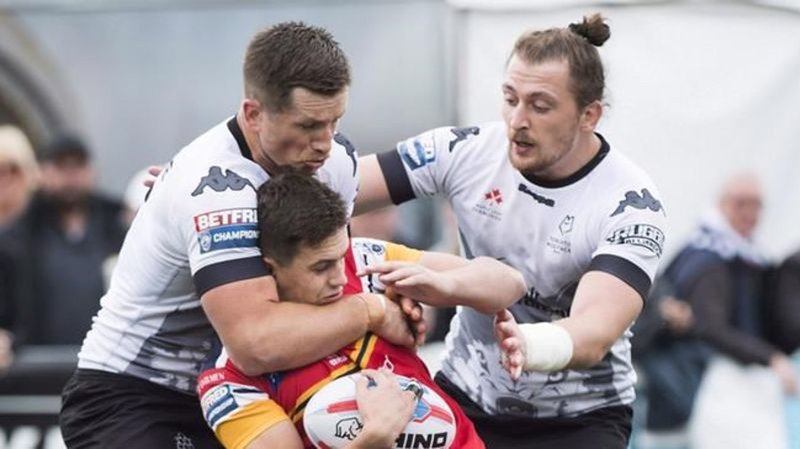
Wolfpack fate could be decided Friday at meeting of Super League board
TORONTO — A meeting of the Super League board Friday could decide the future of the Toronto Wolfpack.
Then again it could just trigger more questions about the transatlantic rugby league team’s new business plan and how deep the pockets of its potential new owner are.
The Wolfpack’s fate will eventually be decided by the 11 other Super League clubs, executive chairman Robert Elstone and the Rugby Football League. All have one vote.
Wolfpack chairman and CEO Bob Hunter says the club doesn’t know whether there will be a vote Friday.
